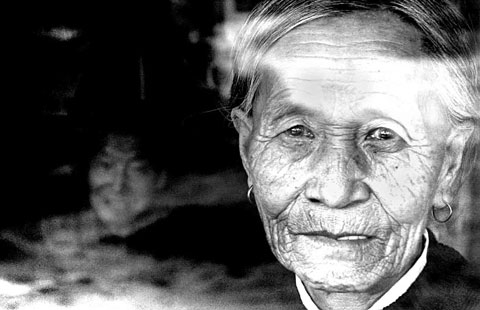Protect heritage sites' legacies
(China Daily) Updated: 2014-06-27 07:21UNESCO World Heritage sites should use the honor to better protect their tangible and intangible legacies, instead of raising ticket prices to make more money, says an article in Xinhua Daily Telegraph. Excerpts:
The 38th annual session of the UNESCO World Heritage Committee, held in Doha, added China's 2,400-year-old Grand Canal and a section of the ancient trade route of the Silk Road to the World Heritage list. Although it's a great honor for the country, people are worried that new world heritage sites may raise their ticket prices.
Such concern is understandable, because most scenic spots in China, including the Palace Museum in Beijing and Huangshan Mountain in Anhui province, have raised their ticket prices after being added to the UNESCO World Heritage list in the past two decades.
It is true that local governments spend huge amounts of money to apply to UNESCO seeking world heritage status for the sites. But it is also true that local governments exploit such a recognition to increase their fiscal revenue instead of preserving their cultural legacies.
People can still visit the West Lake in Hangzhou, Zhejiang province, free of charge even after it became a UNESCO World Heritage in 2011. How could the local government afford to do that? And isn't it a good example for other local governments to follow?
Preservation and protection always come before development and utilization. So governments should realize that the ultimate purpose of seeking world heritage status for local sites is to better protect them for posterity and not to make money.











